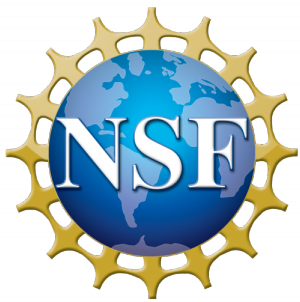March 1st, 2006 | RESEARCH
Both scholarly literature and popular media often depict predominantly negative and one-dimensional images of boys, especially African-American boys. Predictions of these boys’ anticipated difficulties in school and adulthood are equally prevalent. This paper reports qualitative research that features case studies of nine urban boys of color, aged nine to eleven, who participated in an afterschool program where they learned to create digital multimedia texts. Drawing on an analysis of the children’s patterns of participation, their multimodal products, and their social and intellectual growth over time, the study revealed that these children demonstrated many versions of male selves, and that their digital stories narrated these identities in ways that often challenged hegemonic versions of masculinity.
Document
(no document provided)
Team Members
Glynda Hull, Author, University of California, BerkeleyNora Kenney, Author, University of California, Berkeley
Stacy Marple, Author, University of California, Berkeley
Ali Forsman-Schneider, Author, University of California, Berkeley
Citation
Publication: Afterschool Matters
Volume: Occasional Paper #6
Page(s): 1
Related URLs
Tags
Access and Inclusion: Low Socioeconomic Status
Audience: Elementary School Children (6-10) | Middle School Children (11-13)
Discipline: Art | music | theater | Education and learning science | Technology
Resource Type: Peer-reviewed article | Research Products
Environment Type: Afterschool Programs | Media and Technology | Public Programs | Websites | Mobile Apps | Online Media

